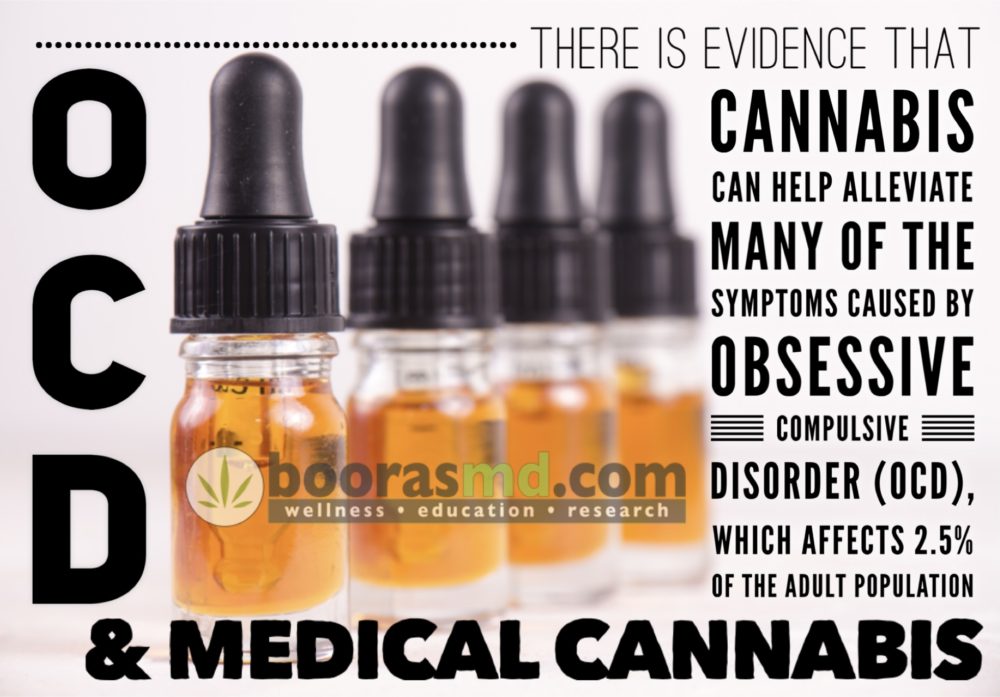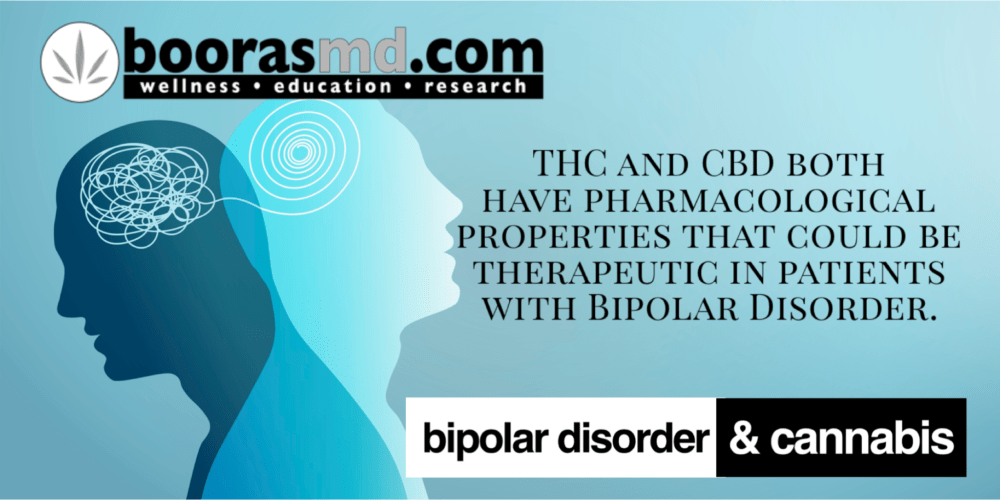Obsessive Compulsive Disorder (OCD) and Medical Marijuana (Cannabis)
Obsessive Compulsive Disorder (OCD) and Medical Cannabis
Summary: OCD is one of the anxiety disorders characterized by persistent and uncontrollable impulses that can be disruptive and debilitating. There is evidence that cannabis can help alleviate many of the symptoms caused by OCD, which affects 2.5% of the adult population.
Anxiety can be quite severe and people commonly perform repetitive actions (compulsions) in order to try and reduce anxiety. Compulsions are commonly manifest by checking and rechecking locks, hair pulling, skin picking, aligning objects symmetrically and repetitive hand-washing. I recall seeing a client in the past that used one bar of soap every single day from repetitively washing her hands, often multiple times in a row because she felt they were still dirty.
Cannabis works by activating the Endocannabinoid system (ECS), which is a complex physiologic system to help our body maintain balance and homeostasis.
https://www.leafly.com/news/science-tech/what-is-the-endocannabinoid-system
https://www.leafly.com/news/science-tech/is-your-endocannabinoid-system-in-balance
The three key pieces of the ECS include…
- 1. Cannabinoid receptors, CB1 and CB2, that reside on the surface of cells. CB1 receptors are highly prevalent in the brain. THC primarily works on CB1 receptors.
- 2. Cannabinoids. There are 2 main types, natural Endocannabinoids (Anandamide and 2-AG), which are made by our body on an as-needed basis and Phytocannabinoids, such as THC and CBD derived from cannabis. The cannabis plant actually contains over 100 Phytocannabinoids that interact with the ECS and activate cannabinoid receptors. Cannabis contains well over 400 chemical compounds (terpenes, flavonoids, etc) that also have therapeutic effects.CBD is not psychoactive and primarily works by slowing down the degradation of cannabinoids. It has a wide variety of documented benefits, including its anti-anxiety properties. CBD also serves to reduce the psychoactive properties of THC.
- 3. Metabolic enzymes, which break down endocannabinoids after they have activated the receptors.
https://www.leafly.com/news/health/cannabis-ocd-what-does-science-say
“At present, there are only three case studies that have specifically explored the effects of cannabinoids on OCD. In each case, the subjects in question responded poorly or not at all to first-line medications, including SRIs, antipsychotic medication, mood stabilizers, or cognitive behavioral therapy.
Each person then received DRONABINOL (AKA Marinol, a synthetic sativa derived THC that does not contain CBD, terpenes, flavonoids or any of the other cannabinoids in natural cannabis. Editors note), and over ten days to two weeks, each of them reported an improvement in the quality of life along with a reduction in OCD symptoms.
It’s worth pointing out that some people with OCD may use cannabis to relieve their symptoms, but for others, cannabis may produce no effect or even exacerbate their anxiety.
Numerous factors could contribute to these conflicting experiences: For starters, a generous dose may produce unwanted effects. Those who are new to cannabis may be more likely to feel some anxiety about consuming it than those who are already familiar with it. Also, cannabis with high concentrations of THC may intensify anxiety or other adverse symptoms”.
https://www.liebertpub.com/doi/10.1089/can.2018.0049?utm_source=sfmc&utm_medium=email&utm_campaign=CAN+FP+Jan+8+2020&d=1%2F8%2F2020&mcid=3231852#B39
In my experience, people respond better to plant derived cannabis that includes CBD, THC and many of the other cannabis constituents that activate the Endocannabinoid System.
Written by Charlie Booras, MD on 10/16/2020




